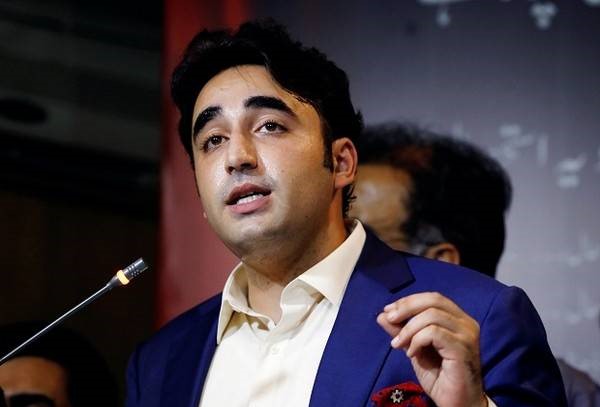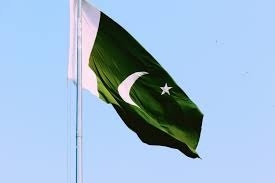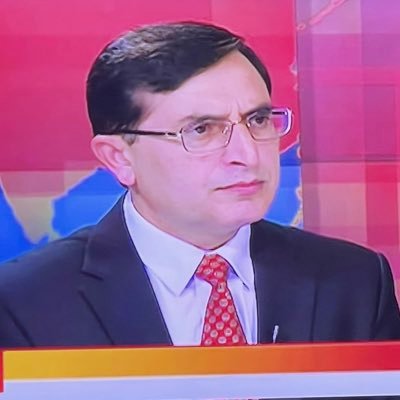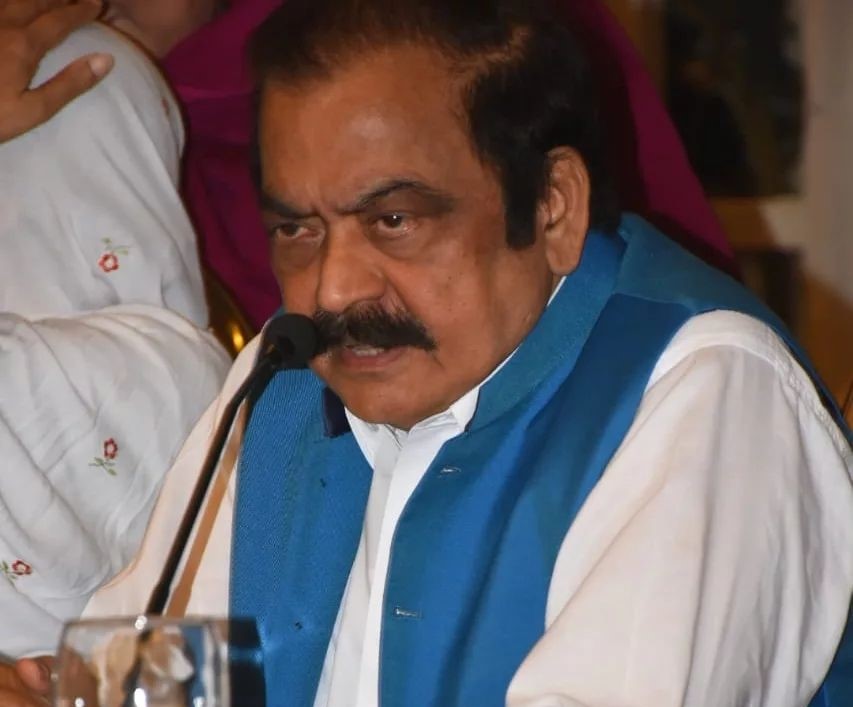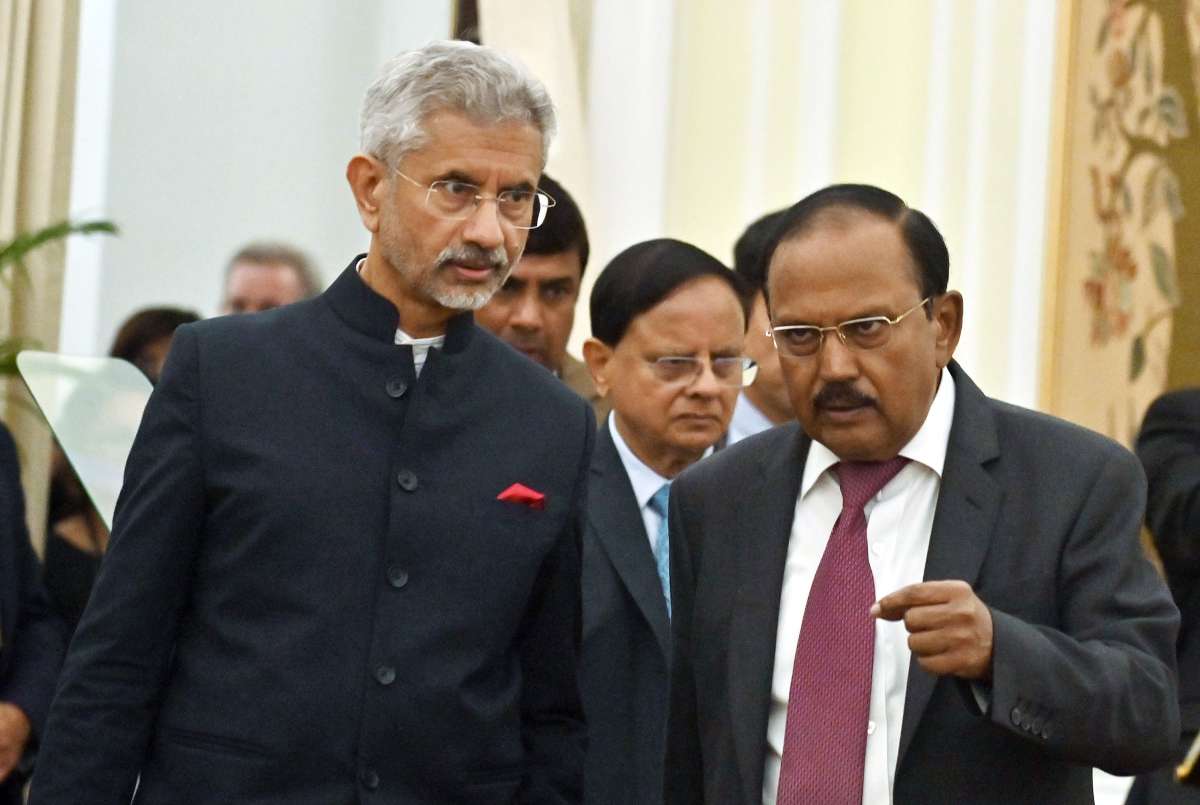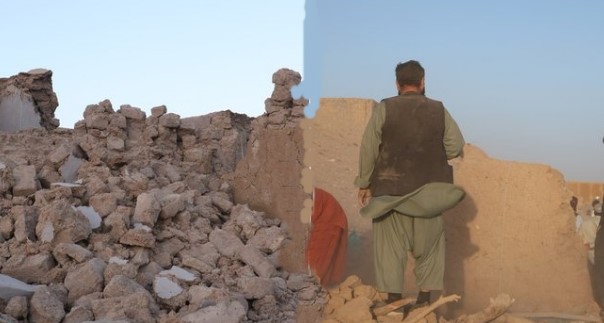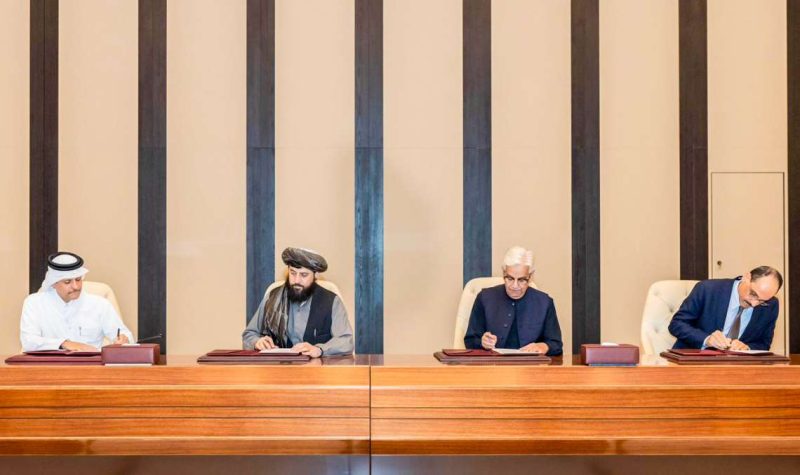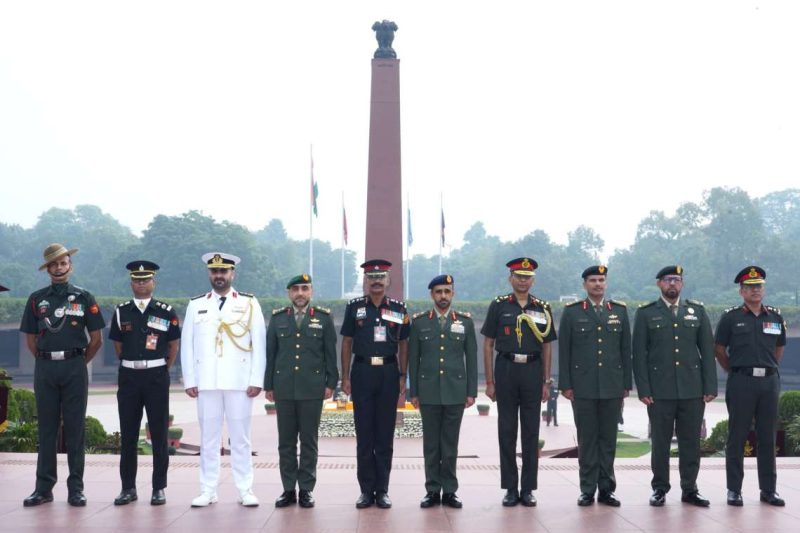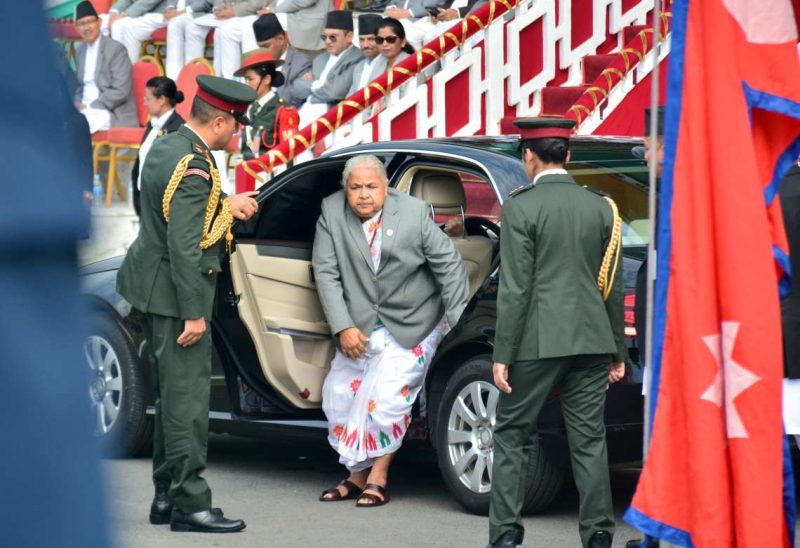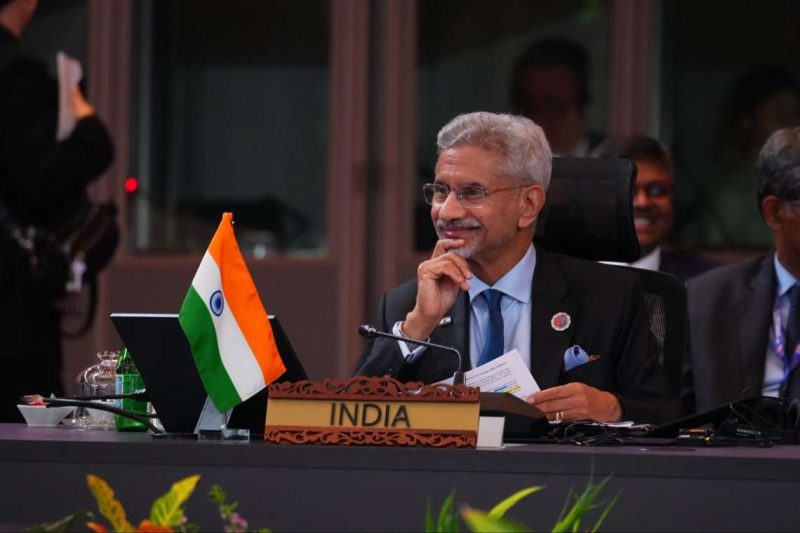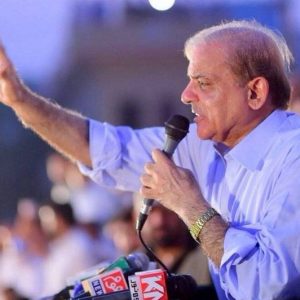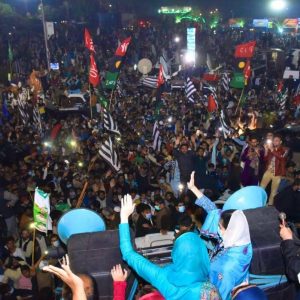PML-N and PPP have deliberated on the possibility of appointing prime ministers from the parties for three and two-year terms at the helm…reports Asian Lite News
As part of a plan to form a new alliance to run the federal government, the Pakistan Muslim League-Nawaz (PML-N) and the Pakistan People’s Party (PPP) have deliberated on the possibility of appointing prime ministers from either party for three and two-year terms at the helm, Geo News reported on Monday.
According to the report, the party leaders, in their first meeting on Sunday, discussed the possibility of appointing a prime minister for half the term.
The same power-sharing formula was chalked out by the PML-N and the National Party (NP) in Balochistan in 2013, when the chief ministerial candidates from the two parties held office for half of the five-year term.
In the Sunday meeting held at the Bilawal House in Lahore, the two sides agreed in principle to cooperate for the country’s political stability following the general election, Geo News reported.
The meeting was attended by PPP-Parliamentarian President Asif Ali Zardari, PPP Chairman Bilawal-Bhutto Zardari, and former prime minister Shehbaz Sharif from the PML-N.
According to a joint statement issued after the huddle, the meeting was held in a cordial environment, with both sides expressing the commitment to put the nation’s interests and well-being above everything.
The leaders of both parties engaged in substantive discussions regarding the prevailing political landscape and the imperative of collaborative efforts for the betterment of the country.
The PML-N delegation included Azam Nazir Tarar, Ayaz Sadiq, Ahsan Iqbal, Rana Tanvir, Khawaja Saad Rafique, Malik Ahmad Khan, Marriyum Aurangzeb, and Sheza Fatima, Geo News reported.
According to the joint statement, among the key takeaways from the discussion were the assessment of Pakistan’s overall situation, deliberations on future political strategies, and the exchange of recommendations aimed at promoting stability and progress across the board.
Geo News reported that both parties affirmed their dedication to steering Pakistan away from political instability and towards a path of prosperity and resilience.
The statement added that the majority of the country had given a mandate to the two parties, and they would not disappoint them.
The leaders of the two parties further underscored their unwavering commitment to fulfilling the aspirations of people and ensuring their voices were heard and heeded.
Meanwhile, the workers and supporters of the Pakistan Tehreek-e-Insaf (PTI) launched nationwide protests over the alleged “rigging in the general elections” on February 8.
PTI members demonstrated against what they claimed to be election tampering in Peshawar, blocking the Peshawar-Islamabad Motorway.
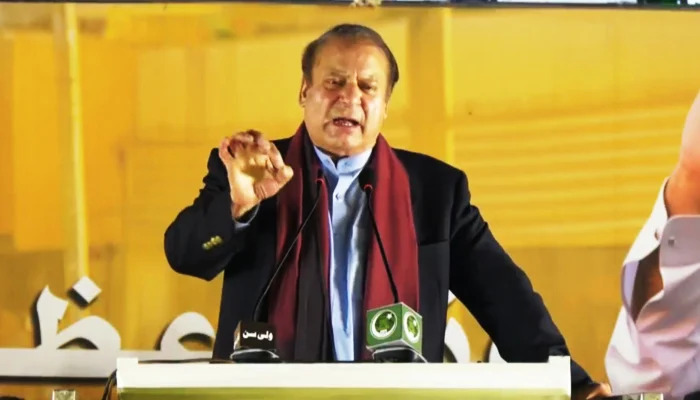
HRW urges peaceful transition of power
Amid hectic parleys around government formation and allegations of rigging by the PTI, the Human Rights Watch said on Tuesday that Pakistani authorities should ensure the peaceful transfer of power following national parliamentary elections on February 8, 2024.
“The Election Commission of Pakistan should promptly announce the official results, and all political parties and stakeholders should commit to upholding democratic norms and cooperating with an independent investigation into alleged election irregularities,” it said.
The Pakistan general elections were marred by the widespread clampdown on freedom of expression and association. The mass detention and harassment of supporters of the Pakistan Tehrik-i-Insaf (PTI) party, including a ban on the use of its election symbol, undermined a fair vote and prevented a level playing field for all candidates.
The authorities further harmed the credibility of the electoral process by shutting down cell phone signals on election day and delaying the announcement of election results. Several candidates have alleged vote rigging in some locations, according to Human Rights Watch news release.
“The Pakistani government should respect the election results and ensure a peaceful transfer of power,” Patricia Gossman, Associate Asia director at Human Rights Watch said.
“Pakistan’s deepening human rights and economic crises highlight the need for a representative government that will promote respect for fundamental rights and freedoms,” she added. (ANI)
ALSO READ: Experts hail India’s ‘major diplomatic feat’


